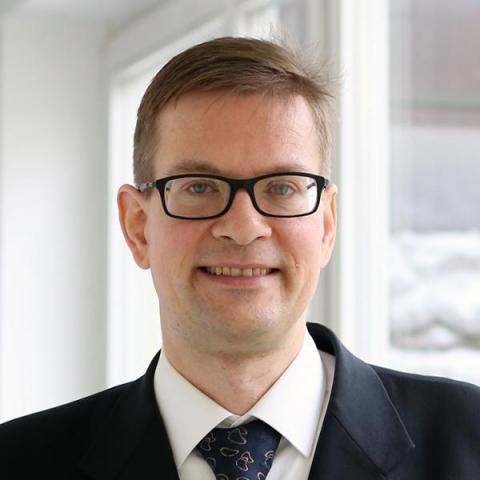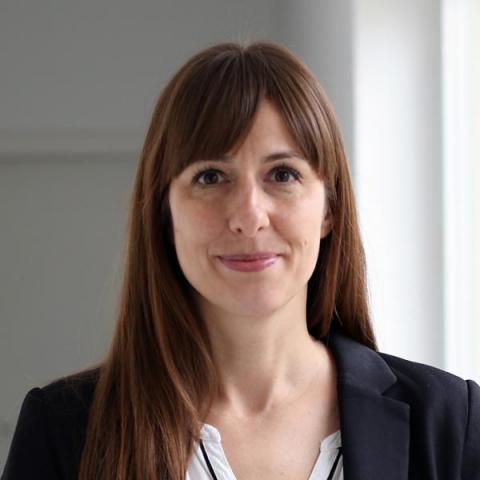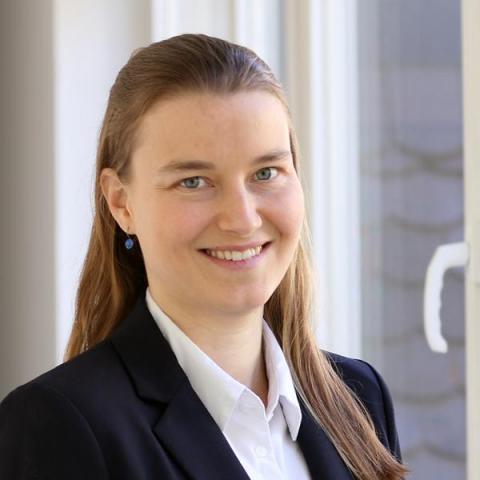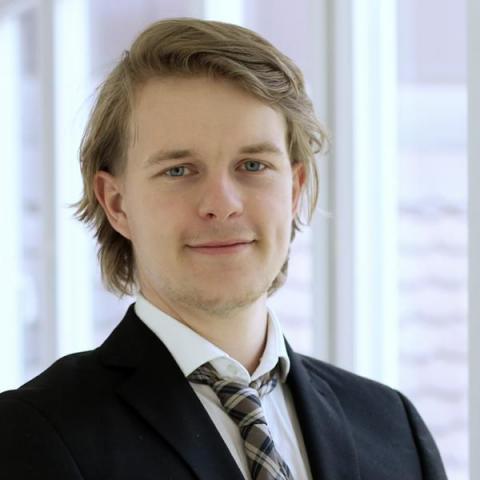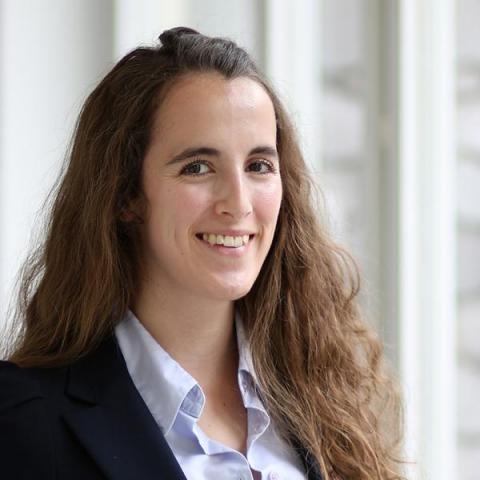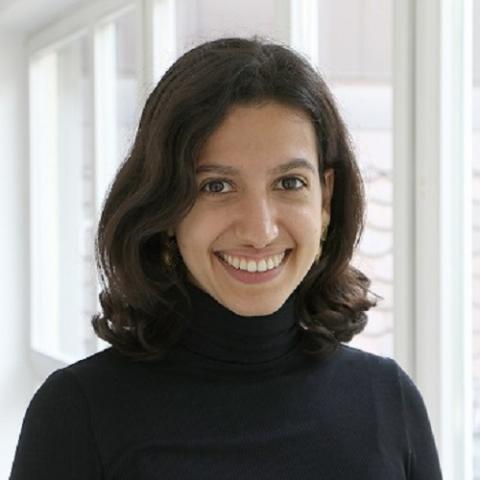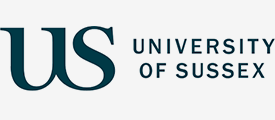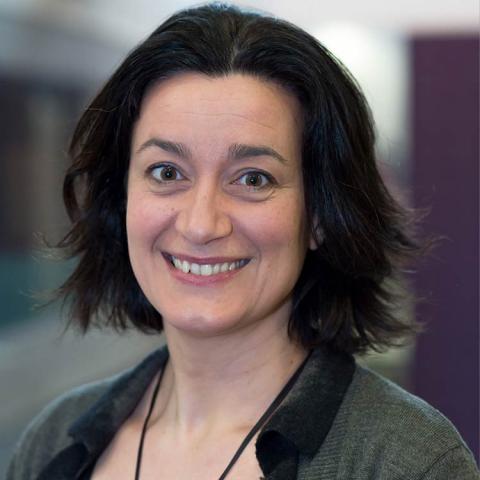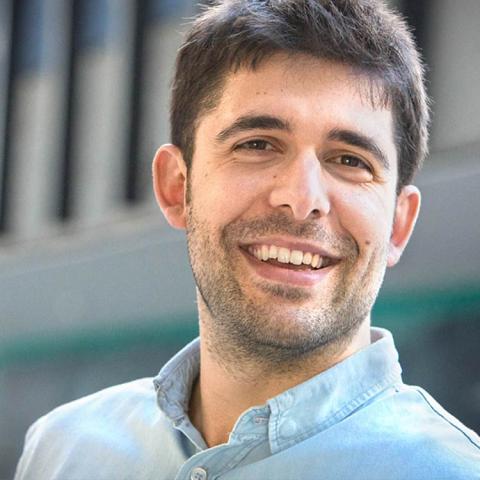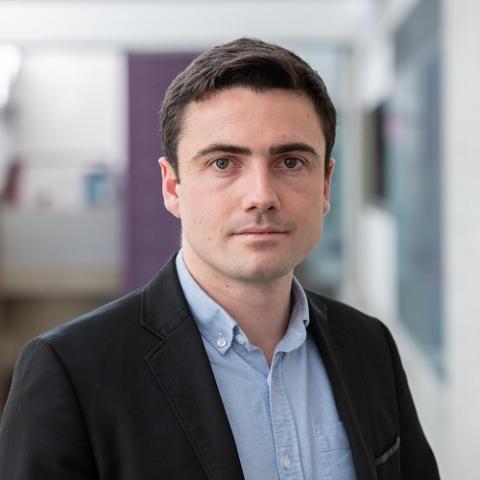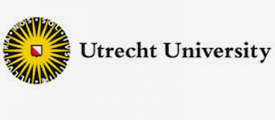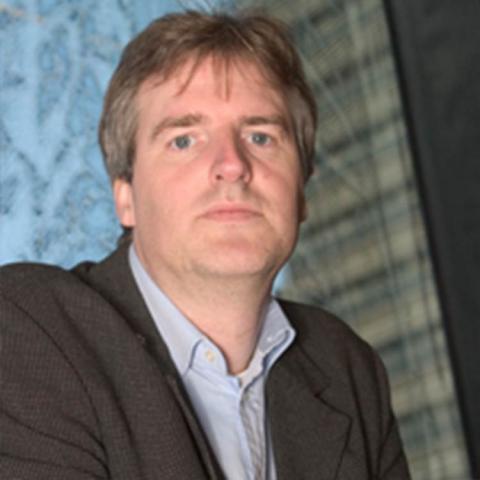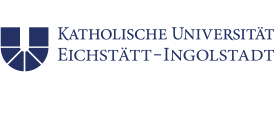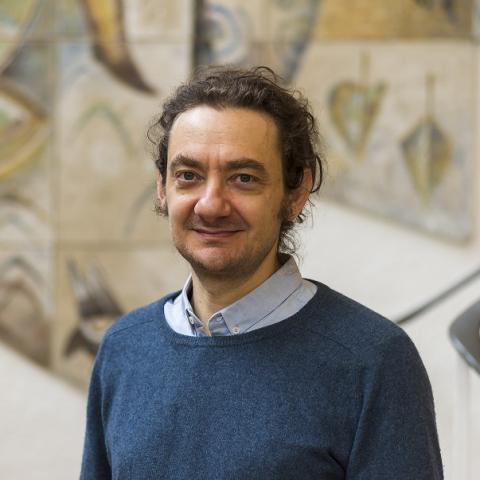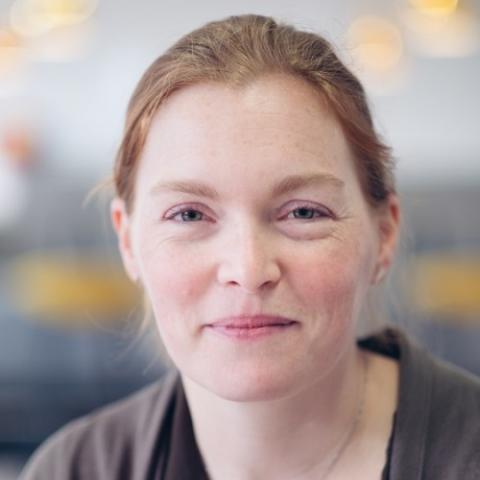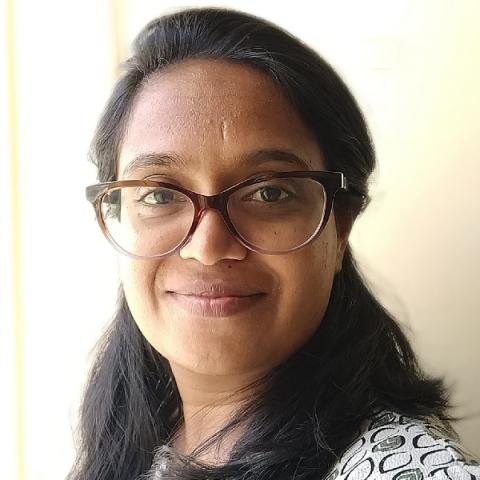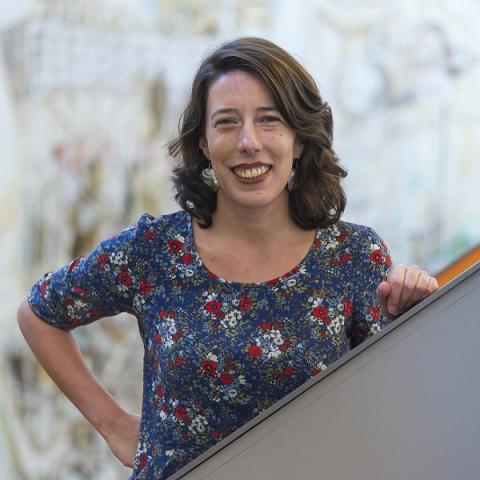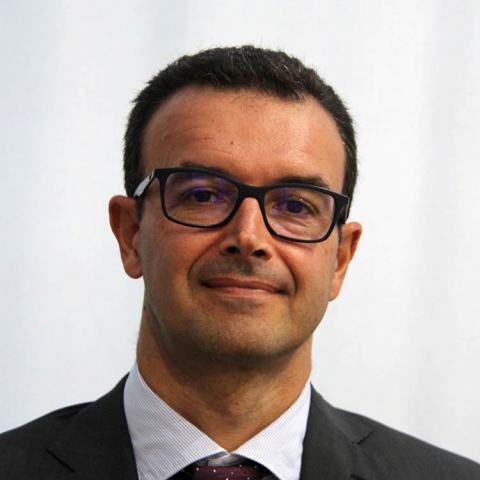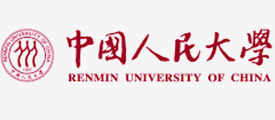Project partners
ifo Institute — Leibniz Institute for Economic Research at the University of Munich
The ifo Institute shapes the economic policy debate in Germany and Europe, by combining excellent research with economic policy relevance. Our research findings provide policymakers and business leaders with a basis for making informed decisions. Researchers from the ifo Center of Industrial Organisation and New Technologies, the Center of International Institutional Comparisons and Migration Research and the Center for International Economics are involved in the project.
Scientists:
University of Sussex
The Science Policy Research Unit (SPRU) at the University of Sussex is one of the world’s leading centres of research on science, technology and innovation policy and management. SPRU’s current research in the economics of innovation and industrial policy area focuses on advancing the economic theory of innovation, whilst also resetting the foundations of orthodox economics and advancing the fields of evolutionary and institutional economics.
Scientists:
Universiteit Utrecht
University of Utrecht is the largest of the Dutch universities. The Department of Human Geography and Spatial Planning is part of the Faculty of Geosciences. One of the biggest research groups within the Department is the Economic Geography group headed by Prof. Ron Boschma. This group currently consists of 12 senior researchers and is well-known for its contributions to a new and influential stream in Economic Geography, that is Evolutionary Economic Geography. One of the key areas in that field of research is how regions diversify over time, and how policy including Smart Specialization policy can have an impact on that.
Scientists:
Catholic University of Eichstätt-Ingolstadt
Catholic University of Eichstätt-Ingolstadt (KUEI) is the only Catholic full academia institution in the German-speaking countries. The university is committed to free academic scholarship in terms of research, education, and knowledge transfer. Particular emphasis is on collaboration across disciplines, a spirit of open-mindedness and responsible research and social innovation in favour of public interest, based on Christian values and ethical principles. The university strives for being an academic community that combines expert knowledge and civil societal engagement.
Scientists:
Technopolis
Technopolis provides evidence-based policy advice on science, technology, research and innovation. It was founded 30 years ago in Europe and it is now a leading international public policy research and consulting organisation with offices in Europe, Africa, Latin America and the Caribbean, with projects conducted worldwide. Our clients are decision-makers from international institutions and agencies, national and regional governments, funding organisations and research institutes. We support them with designing, implementing, monitoring and evaluating policies and programmes, thus improving the efficiency and effectiveness of their measures and responding to societal challenges.
Scientists:
UNU-MERIT
The United Nations University – Maastricht Economic and Social Research Institute on Innovation and Technology (UNU-MERIT) is a research and training institute of United Nations University based in Maastricht. The institute focuses on research and training on a range of social, political and economic factors that drive economic development in a global perspective. Special emphasis is on the process of technological change and innovation, including the governance of science and technology and on factors limiting the access to knowledge; on (public) policy analysis and evaluation; on the social aspects of growth and development, in particular the policy challenges posed by low levels of development including the limitations and possibilities for social security and other social policies; and on the relationship between global development and migration.
Scientists:
CRISP – Interuniversity Research Centre on Public Services
The University of Milan-Bicocca (UNIMIB) is a young and very competitive University that, in few years, has established itself in the Italian and international landscapes. Through its research activities, the University contributes to the dissemination of the scientific knowledge in synergy with the territory. Moreover, it contributes in improving the production system through the realization of projects in almost all scientific and application areas. UNIMIB is composed of fourteen departments in the fields of ICT, Educational Sciences, Economics, Law, Mathematics, Physics and Natural Sciences, Medicine, Psychology and Sociology, and by more than 30 universitary and interuniversity research centers.
CRISP, Interuniversity Research Centre on Public Services, at the University of Milano-Bicocca was founded in 1997, and consists of an interdisciplinary academic network conducting high profile research and studies in the field of services. The expertise of the center focusses on labour market, healthcare, innovation and services management, education, training and human capital.
Scientists:
Centre National de la Recherche Scientifique (CNRS)
The French National Centre for Scientific Research is among the world's leading research institutions. Its scientists explore the living world, matter, the Universe, and the functioning of human societies in order to meet the major challenges of today and tomorrow. Internationally recognised for the excellence of its scientific research, the CNRS is a reference in the world of research and development, as well as for the general public.
Scientists:
Halle Institute for Economic Research (IWH) – Member of the Leibniz Association
With its four research departments – Macroeconomics, Financial Markets, Laws, Regulations and Factor Markets, as well as Structural Change and Productivity –, the IWH conducts economic research and provides economic policy recommendations which are explored on evidence-based research. IWHs founding mission was to carry out economic research on the transition in East Germany and Central and Eastern Europe as well as the ongoing process of economic integration in Europe. Since the transition of the formal institutions is completed, IWH has extended its research profile so that, under the guiding theme “From Transition to European Integration”, the analysis of economic convergence processes and international integration are at the centre of its research.
Scientists:
Renmin University of China
Renmin University of China, which is located in Beijing, is a leading research university with top economics program in China. School of Labour and Human Resources (SLHR) at Renmin University of China is the top teaching and research institute on labor related issues in China. The SLHR was founded jointly by the Renmin University of China and the former Ministry of Labour and Human Resources of China in 1983. Since the founding of the SLHR, it has a strong tradition to carry out both academic and policy research. In 2000, the SLHR was totally transferred to the Renmin University of China, but it still keeps strong ties with Ministry of Human Resources and Social Security, and other ministries of Chinese central government. It has served as one of the key bridge among academia, government and industry on labor market area in China since 1983.
Scientists:
The Economic Commission for Latin America and the Caribbean (UN ECLAC) - Cooperation Partner
The Economic Commission for Latin America and the Caribbean (UN ECLAC) was founded in 1948 as a regional commission of the United Nations, with the mandate of undertaking research and giving policy advice on the economic problems of Latin America. Since then it has been a leading actor in debates, institution building and economic analysis in the region. Policymakers and academics in Latin America have strong links with UN ECLAC; and decades of technical support endowed UN ECLAC with a direct experience in dealing with Latin American problems in a very wide set of issues. In addition to its role as a source of technical capabilities and its large experience in topics like innovation, growth and international trade, UN ECLAC centralises databases and statistics from all the Latin American countries.
Scientists:



